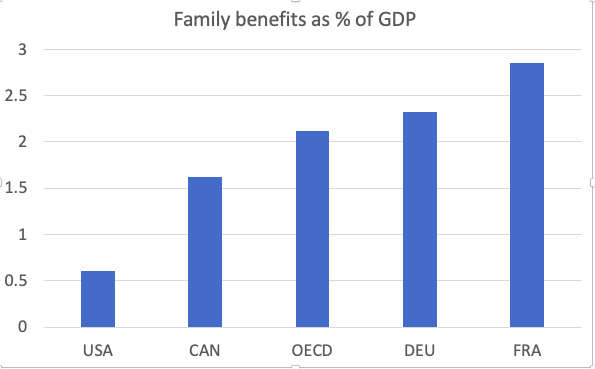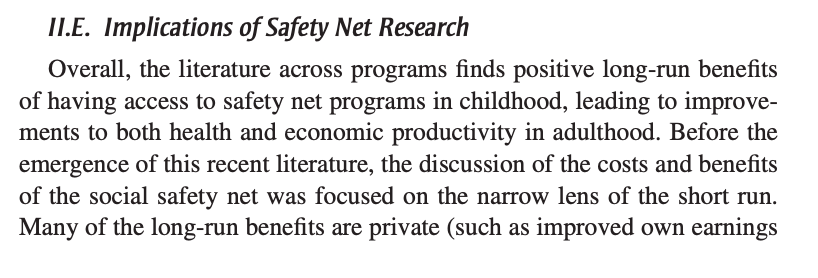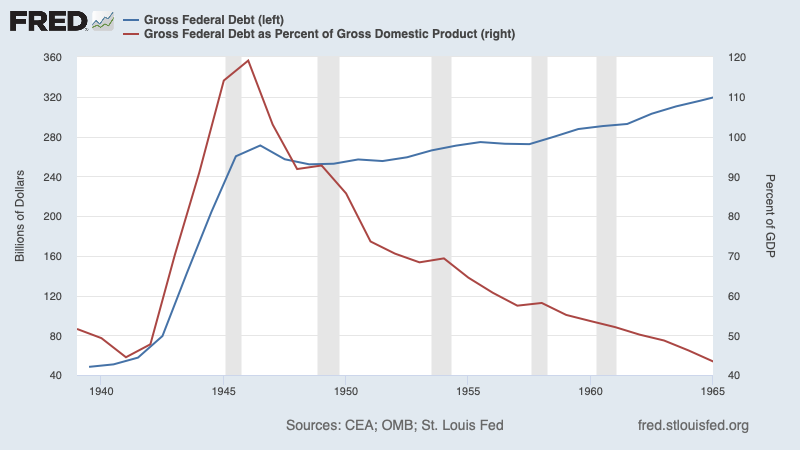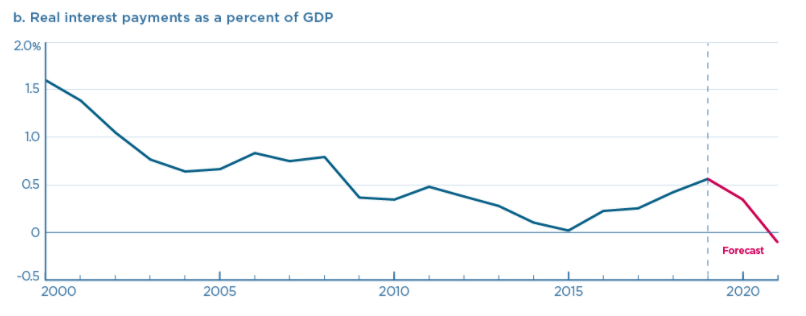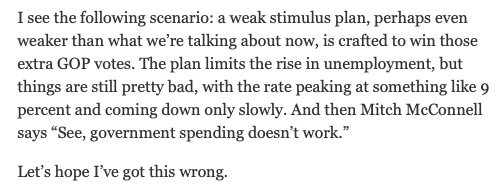
I've noticed a theme in some of my recent hate mail: angry complaints that in saying that almost all elected Republicans are corrupt and/or clueless, I'm engaging in a sin akin to ... racism. So let's talk about that 1/
To state what should be obvious, but apparently isn't, being a Republican isn't like being Black (or Jewish). It's not something you're born into, it's a choice. And in 2021, making that choice requires accepting some key GOP tenets 2/
These include the view that a perfectly normal election was stolen and that extreme measures were justified in an attempt to overturn it; and also the view that moderately progressive policies are a radical socialist agenda 3/
Anyone who doesn't accept these views either leaves the GOP or, increasingly, is driven out. So saying that those who remain are bad, wrong-headed, or both is only outrageous if you consider these doctrines reasonable 4/
I mean, must we say nice things about Qanon adherents? Well, the GOP isn't that far gone, but has gone significantly in that direction. And its members, again, are those who accept where it has gone 5/
So if you want to demand bipartisanship, you have to defend the doctrines that currently defy Republicanness. If you won't do that, you're arguing in bad faith 6/
• • •
Missing some Tweet in this thread? You can try to
force a refresh

